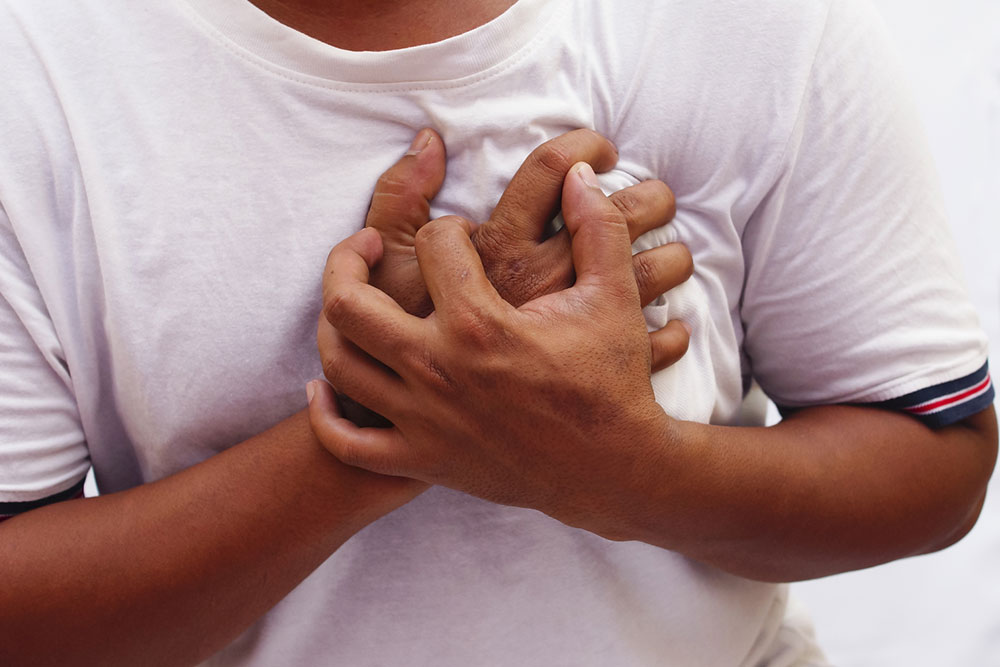Understanding Common Causes of Chest Discomfort
Chest discomfort can stem from various health issues, including heart, lung, digestive, and musculoskeletal problems. Prompt recognition and medical consultation are vital. This article explores common causes of chest pain, helping you understand when to seek urgent care and how to differentiate between benign and serious conditions for effective management.

Understanding Common Causes of Chest Discomfort
Experiencing chest discomfort can be alarming for many. While some causes are harmless, others may signal serious health issues. Recognizing the underlying reasons is essential for proper management. Here are key causes of chest pain to be aware of:
Cardiac-related chest pain
If your chest discomfort begins on the left side and spreads across your chest, it may be linked to heart conditions. Some common heart-related causes include:
Myocardial infarction (Heart attack): This occurs when blood flow to part of the heart is blocked, often by a clot or artery blockage, leading to chest pain and potential damage to heart tissue.
Aortic dissection: A tear in the aorta's inner layer causes blood to flow between the layers, risking rupture. Prompt treatment is crucial.
Angina: Restricted blood flow due to plaque buildup narrows the arteries, causing chest pain during exertion or stress.
Pericarditis: Inflammation of the sac surrounding the heart can cause sharp chest pains.
Lung-related causes of chest pain
Chest discomfort is not limited to the heart. Lung issues can also cause significant pain, including:
Pulmonary hypertension: Elevated blood pressure in pulmonary arteries often results in chest pain radiating from affected lungs.
Collapsed lung: Sudden air leakage into the chest cavity causes intense pain that lasts hours.
Pleurisy: Inflammation of the lung lining leads to sharp chest pain during breathing.
Pulmonary embolism: Blockage of lung arteries by clots causes acute chest pain, shortness of breath, and dizziness.
Pneumonia: Lung infection with symptoms like cough, fever, and chest pain.
Digestive system related causes of chest pain
Digestive disorders can also induce chest discomfort, such as:
Heartburn: Burning sensation and pain in the chest after heavy, spicy meals due to acid reflux.
Gallbladder and pancreas issues: Conditions like gallstones or pancreatitis can radiate pain to the chest.
Hiatal hernia: When stomach part pushes into the chest, causing reflux and chest ache.
Peptic ulcers: Ulcers in stomach or small intestine lining may cause chest pain.
Musculoskeletal causes of chest pain
Injury or strain to muscles and bones can also cause discomfort:
Costochondritis: Inflammation where ribs connect to the breastbone results in tenderness and pain.
Rib injuries: Fractures, bruises, or inflammation from trauma lead to chest pain.
Sore muscles: Strains, fibromyalgia, or excessive exertion may trigger pain in chest muscles.
Other factors include anxiety, panic attacks, infections, fever, or high blood pressure. If you experience chest pain, consulting a healthcare professional promptly is advised, as some underlying causes can be life-threatening if untreated.










